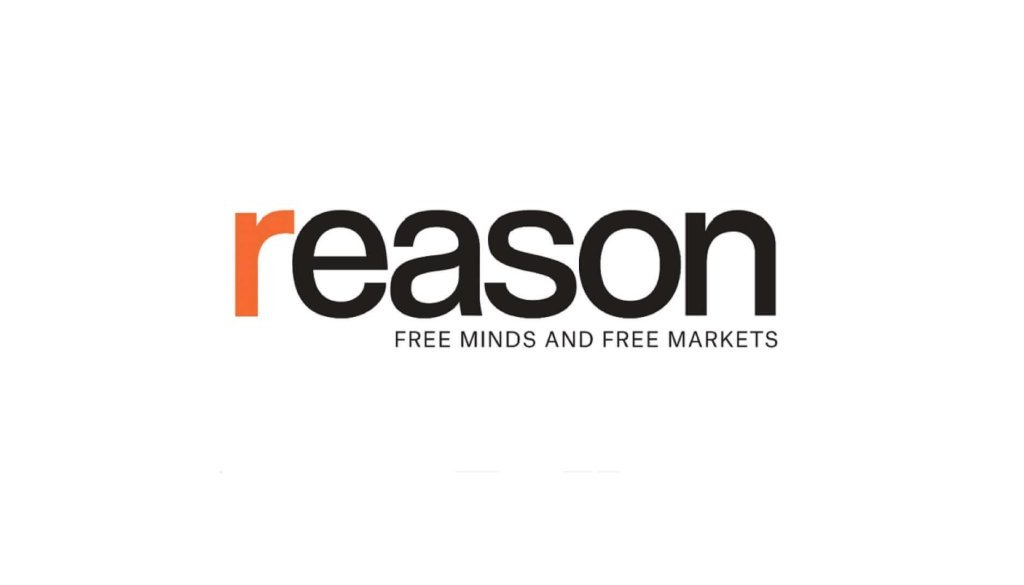Interesting Third Circuit Statutory / Procedural Immigration Case
A short excerpt from today’s long opinion by Judge Arianna Freeman, joined by Judge Cheryl Ann Krause, in Qatanani v. Attorney General:
The Supreme Court has long recognized that the admission and exclusion of noncitizens is a “fundamental sovereign attribute exercised by the Government’s political departments largely immune from judicial control.” But in that endeavor, both political branches have particular roles to play.
On the one hand, the Executive has authority to enforce the immigration laws passed by Congress and to exercise the discretion Congress delegates to it. On the other hand, “the formulation of [immigration] policies is entrusted exclusively to Congress.” Indeed, there is “no conceivable subject” over which the “legislative power of Congress [is] more complete” than the admission and exclusion of noncitizens. In this balance, it is the Judiciary’s exclusive province to resolve separation-of-powers questions. So where an administrative agency purports by regulation to evade procedures mandated by Congress in the Immigration and Nationality Act (“INA”), it is incumbent upon us to intervene. We do so here.
In 1996, Mohammad M. Qatanani was admitted to the United States on a work visa. In 1999, he applied under 8 U.S.C. § 1255(a) to adjust his immigration status to that of a Lawful Permanent Resident (“LPR”). After lengthy proceedings regarding Qatanani’s application, an Immigration Judge (“IJ”) twice made fact findings and credibility determinations in Qatanani’s favor and granted his application to adjust to LPR status. The IJ issued those orders in 2008 and 2020, respectively.
The IJ’s 2008 order never became final; the Department of Homeland Security (“DHS”) appealed the order within the 30-day period permitted for it to do so. On appeal, the Board of Immigration Appeals (“BIA”) vacated the IJ’s order and remanded the matter to the IJ for further proceedings. Those proceedings led to the IJ’s April 2020 order that again granted Qatanani’s application to adjust to LPR status.
DHS did not appeal the IJ’s April 2020 order within 30 days, so that order became final. As part of Congress’s regime for adjustment to and recission of LPR status, the Attorney General was then required to memorialize that final order by recording Qatanani’s admission with LPR status as of the date of the IJ’s April 2020 order. 8 U.S.C. § 1255(b). And Congress specified how the Attorney General could rescind that LPR status if warranted: Within five years of the adjustment date, the Attorney General could commence proceedings pursuant to § 1256(a).
But here, the Attorney General evaded that statutory path. Instead, the BIA invoked an agency regulation to “self-certify” an appeal of the IJ’s April 2020 order eleven months after that order issued. And at the conclusion of those self-certified appeal proceedings, the BIA issued an order purporting to reverse the IJ’s April 2020 order and to order Qatanani removed from the United States. Qatanani petitioned us for review of the BIA’s decision.
The BIA exceeded its authority when it attempted to undo Qatanani’s adjustment to LPR status by using an agency regulation in a manner inconsistent with the procedures set out by Congress in the INA. Accordingly, we granted Qatanani’s petition for review and vacated the BIA’s order….
Qatanani is Palestinian and a citizen of Jordan. He was born in the West Bank and lived there until he finished high school. In 1982, he began studying at the University of Jordan, where he earned his ba
Article from Reason.com

The Reason Magazine website is a go-to destination for libertarians seeking cogent analysis, investigative reporting, and thought-provoking commentary. Championing the principles of individual freedom, limited government, and free markets, the site offers a diverse range of articles, videos, and podcasts that challenge conventional wisdom and advocate for libertarian solutions. Whether you’re interested in politics, culture, or technology, Reason provides a unique lens that prioritizes liberty and rational discourse. It’s an essential resource for those who value critical thinking and nuanced debate in the pursuit of a freer society.




